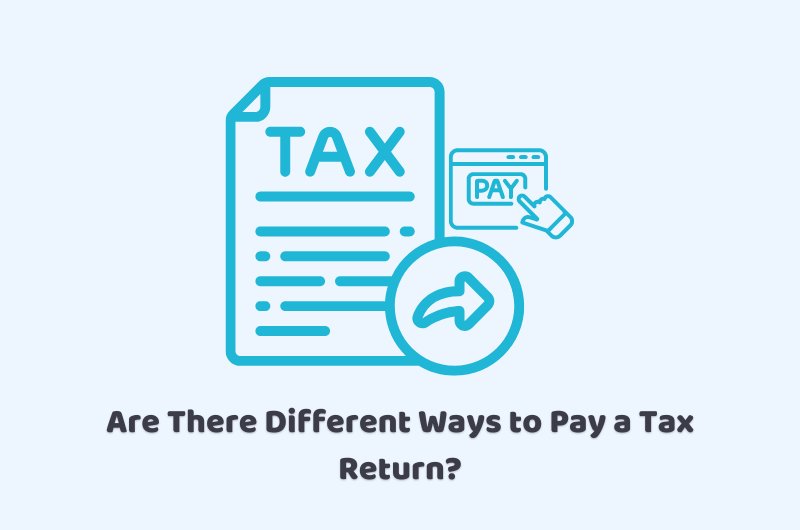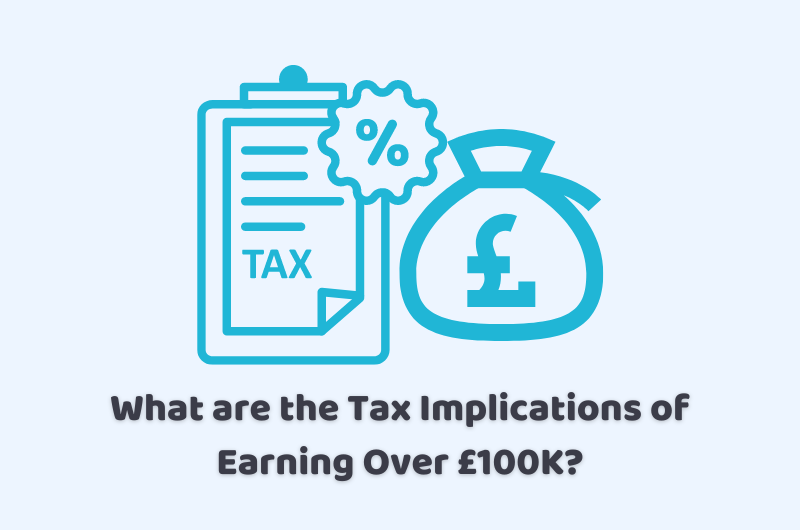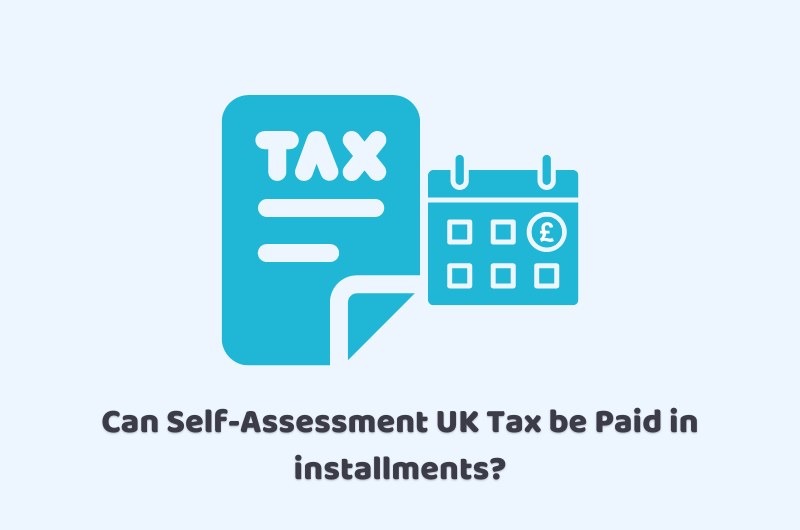
03/11/2022tax
There are different ways to pay a tax return depending on the job type and wage payment mode your employer uses. HMRC provides different modes of payment to pay tax returns. If you have no idea how you can pay your tax returns and income tax, we have got you covered.
In this article, we will discuss the ways employees or self-employed persons can pay their tax returns on time to HMRC, avoiding any penalty caused by late payments or inaccurate details. Sometimes, you might have incorrect tax codes or other times you might have no idea about how you can pay tax returns to HMRC. Let’s figure out everything in this informative article!
Paying your taxes via different payment methods may not be acceptable to HMRC. Get instant help from professional accountants and tax advisors.
Tax Returns In the UK
Tax returns are filed with HMRC every year to estimate the tax liability. Mostly, citizens are not required to pay income tax under the PAYE because employers deduct income tax at source. However, if you are managing your own business or you’re working as your own boss being a contractor, then you will have to make self-assessment tax returns.
There are different ways to make tax returns. The filer has to determine the best way or the most suitable method to avoid any discrepancies or penalties. First of all, we discuss the details of the tax filing details.
Tax Returns Date HMRC
Submitting tax returns to HMRC demands being mindful of the scheduled dates for the tax returns. If you’re paying tax returns using the online form, the due date is 31st January 2023 for the tax year 2021-2022.
However, the taxpayers paying their tax returns on paper forms were supposed to complete them by 31st October 2022. The tax year begins 6th of April every year and ends on the 31st of January next year. Mostly, people pay their tax returns on the 6th of April. To avoid the probability of any inaccuracies, you need to submit way ahead of the scheduled dates of HMRC.
What are the Different Ways to Pay a Tax Return?
There are four ways to pay a tax return on the scheduled dates. Scheduled dates, as described above, may vary due to the form type.
Paying Tax Returns Under PAYE
If you get your wage under PAYE, your income tax will be deducted at source from your salary by the employer. So, you don’t need to pay tax returns. You’re free from the hassle of remembering due dates.
On the other hand, if you have more than one source of income, you most probably need to make tax returns on or before the scheduled dates. Similarly, you can pay tax returns if you wish to claim more credits, expenses, and allowances. Besides, you can also do this to claim a refund from HMRC.
Paying Tax Returns on Your Pension Under PAYE
If your only source of income is the state pension, and you started getting a state pension on or after 6th April 2016, you don’t need to pay your tax returns, HMRC will inform you about the tax you owe to them.
If a pension is your additional source of income and you are receiving another pension also, you will submit tax returns under PAYE and your employer will deduct tax at source from the state pension as suggested by HMRC.
Working after you retire means you will pay tax returns on your income and state pension also. As a self-employed person, you will submit tax returns declaring all your income from your business, state pension and private pension.
Construction Industry Scheme and Contractor
Contractors also complete a tax return every year on their income and the allowable expenses. The registered contractors deduct roughly 20% from the payments they make to the subcontractors. These advance payments are transferred to HMRC as income tax and NICs. These early payments can be more or less than the actual income tax due. So, the contractors are required to complete Self-Assessment Tax returns before 6th April to ensure they have paid the correct amount of tax.
Tax Returns as Self-Employed Persons
As a self-employed person, the taxpayer will complete the tax returns as Self-Assessment Tax Returns. They are required to make adjustments and complete their tax bills by the end of January 31 or July 31 every year. They also need to pay Class 4 NICs.
Different Methods to Pay Income Tax
HMRC accepts different payment methods if you’re paying your self-assessment tax returns to HMRC.
- bank transfer using CHAPS, Faster Payments or Bacs
- by cheque through the post
- corporate debit or credit card
- Direct Debit
- in-branch at your bank or building society
- online banking
- personal debit card
All of these payment methods complete the tax returns on the same day when payment is made. However, you must complete them before the due date to avoid any glitches in the financial systems or any other random mishaps.
Final Thoughts
Finally, we conclude the discussion that if you’re being paid under PAYE, you will make no tax bills, except when you have multiple sources of income or get a pension as well. Otherwise, you will complete your tax returns yourself in the category of Self-Assessment Tax Returns if you are your own boss and work freely without any employer.
Get the best taxation advice and consultation at CruseBurke in under two minutes. Feel free to reach out to us. We’d love to help you to sort out your tax problems.
Disclaimer: All the information provided in this article on, Different Ways to Pay a Tax Return, including all the texts and graphics, is general in nature. It does not intend to disregard any of the professional advice.



